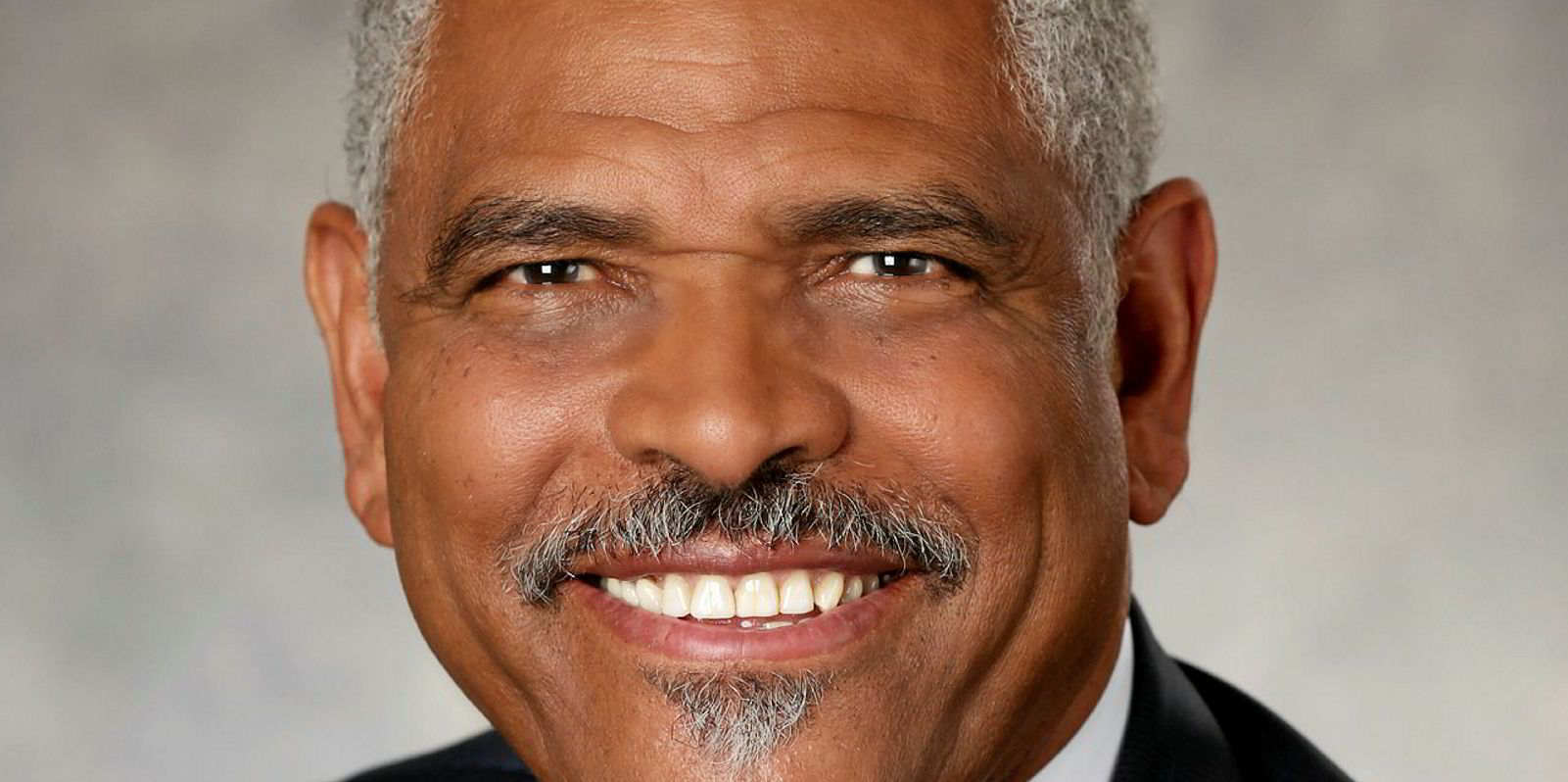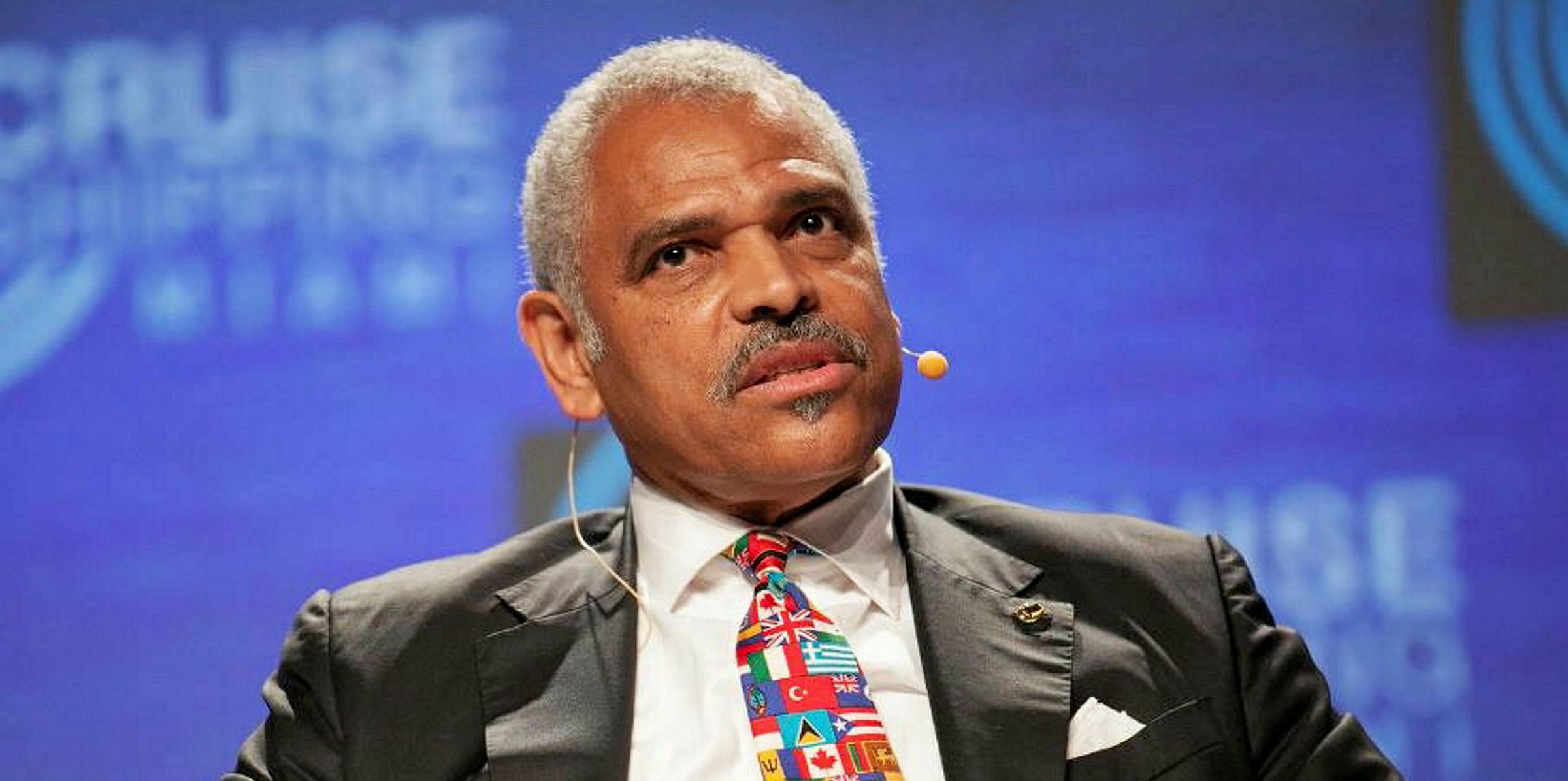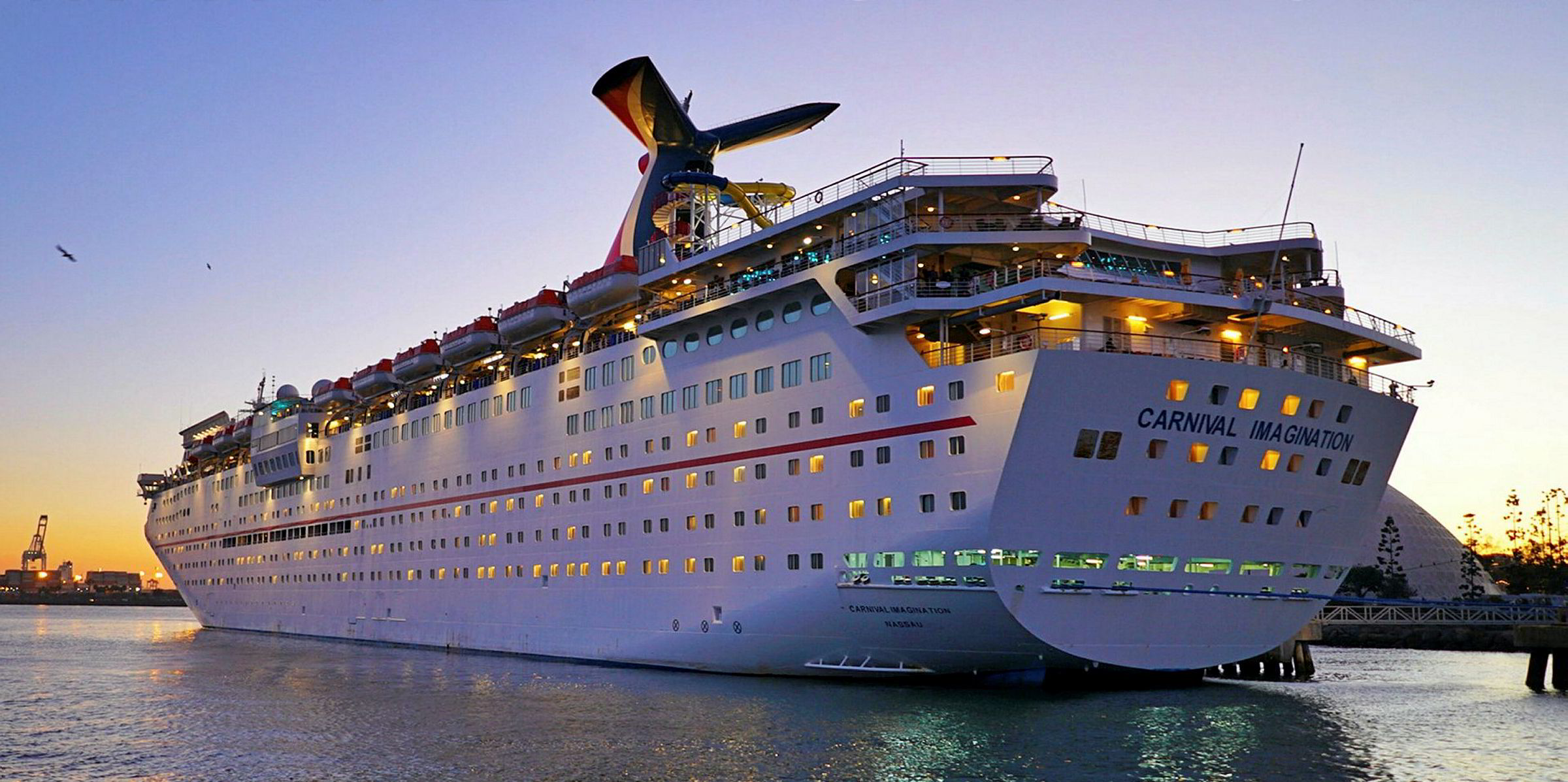Carnival Corp claims it has met almost 20 sustainability targets set out in 2015 but, in that time, has also paid millions of dollars in federal fines for environmental crimes.
As it hit its 2020 goals, the Miami-based cruise major drafted initial 2030 sustainability goals that include lowering carbon emissions by 2030 to align with the Paris Agreement on climate change and support the United Nations Agenda 2030.
“At the core of our company-wide sustainability efforts are our top priorities as a corporation, which are compliance, environmental protection, and the health, safety and well-being of our guests, the communities we visit and our crew,” chief maritime officer Bill Burke said in its recently published 10th annual sustainability report.
However, the last five years has also seen the company fined for a range of misdemeanours.
In June, the Arnold Donald-led owner was ordered to pay a $20m penalty to the Department of Justice for violating a five-year probation tied to environmental wrongdoing over several years.
Carnival was halfway through probation as part of a $40m Department of Justice fine for lying about illegal oil dumping, but then got caught cleaning ships and fudging records for court-ordered audits.
New York-listed Carnival, already considered a felon for the 2015 crime, also illegally dumped plastic garbage into the sea and gray water into Alaska's Glacier Bay National Park.
Carnival listed hiring former federal prosecutor Peter Anderson as a new chief ethics and compliance officer among its deeds, as required by the latest Department of Justice settlement.
The company, which must also give progress reports to a federal judge, also had to form a board-appointed ethics and compliance committee charged with overseeing Anderson.
It is all about teamwork
Anderson set up an eight-member team soon after joining Carnival in August 2019 to help him carry out these improvements, which was set in motion soon after paying the first huge penalty.
Carnival's other claims include reducing "carbon-dioxide equivalent intensity" by 29% since 2005 and pledging to lower it by 40% by 2030 in comparison to a 2008 baseline.
Carnival, which is facing billions in losses as a result of the Covid-19 pandemic, also mentioned equipping 77% of its fleet with exhaust gas cleaning systems — scrubbers — and 47 vessels with the ability to use shoreside electric power.
Other 2020 accomplishments on its list include reducing waste, improving water-use efficiency, putting two LNG-powered ships on the water, testing fuel cells as alternative energy and reducing reliance on single-use plastics.
Striving for zero
It also touted itself as the first cruise company to join the Getting to Zero Coalition, an alliance focused on accelerating international shipping's decarbonisation efforts.
Carnival's higher regard for the environment is noteworthy, Infinity Research analyst Assia Georgieva said, but some of its actions were required by the shipping sector anyway.
"IMO 2020 was a mandate, not an at-will show of environmental stewardship," she told TradeWinds.
She added that the company also did other things in reaction to market pressures as opposed to trying to be a responsible steward of the environment.
"Plastic straw use was a concern voiced not only by environmentalists but also by passengers," she said.







